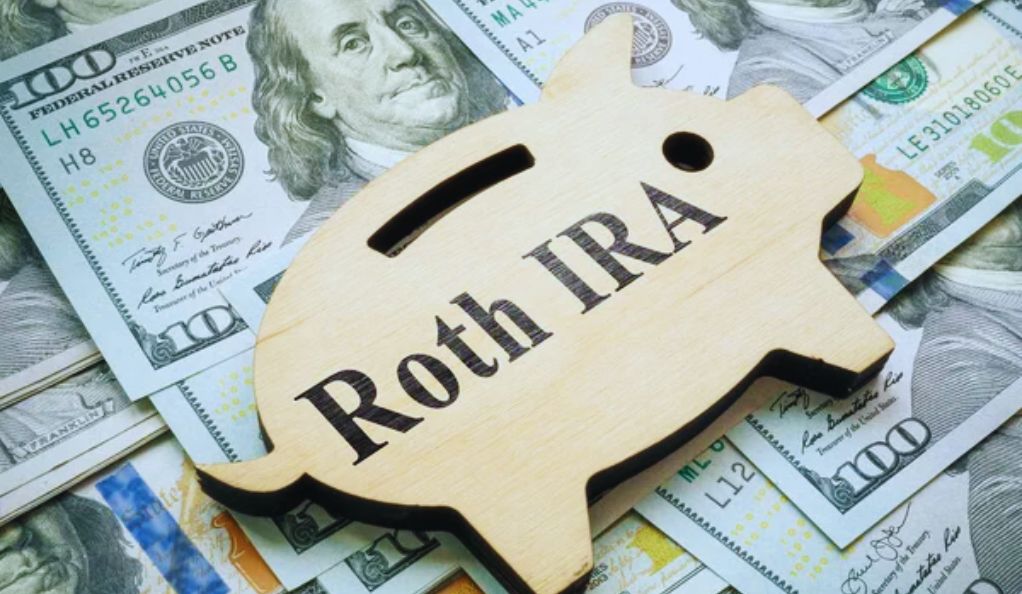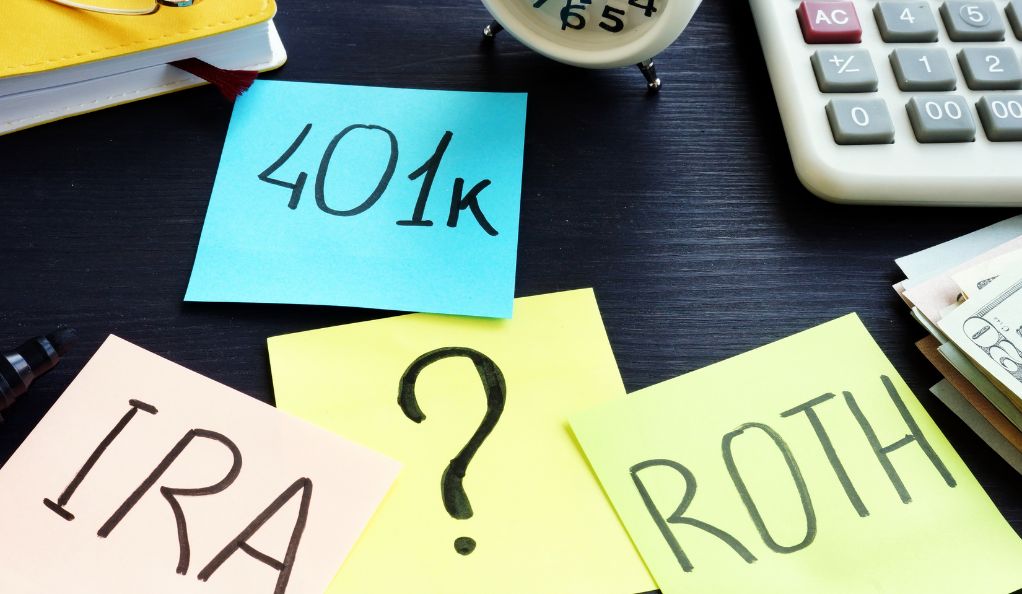Inheriting an Individual Retirement Account (IRA) can be a complex process, but when it comes to a Roth IRA, there are specific rules and benefits to be aware of. A Roth IRA is a retirement savings account that allows contributions to be made on an after-tax basis, meaning withdrawals in retirement are tax-free. In this comprehensive guide, we will delve into what a Roth IRA is and how inheritance works, as well as explore the rules, benefits, and tax implications of inheriting a Roth IRA.

What is a Roth IRA and How Does Inheritance Work?
A Roth IRA is a type of retirement account that provides tax advantages for individuals who contribute to it. Unlike a traditional IRA, contributions to a Roth IRA are made with after-tax dollars, meaning that the money contributed has already been taxed. However, the main benefit of a Roth IRA lies in its tax-free withdrawals during retirement. This makes it an attractive option for many individuals who anticipate being in a higher tax bracket during retirement.

When it comes to inheriting a Roth IRA, the process differs slightly from inheriting other types of retirement accounts. If you are a beneficiary of a Roth IRA, you have a few options. Firstly, you can choose to take a lump sum distribution, although this may result in a significant tax liability. Alternatively, you can choose to “stretch” the inherited Roth IRA by taking required minimum distributions (RMDs) over your lifetime. This option allows for the preservation of tax-free growth within the account. Understanding the different options available to you is crucial to effectively manage an inherited Roth IRA.
Rules, Benefits, and Tax Implications of Inherited Roth IRAs
Inheriting a Roth IRA comes with its own set of rules, benefits, and tax implications. One of the key benefits is the potential for tax-free growth within the account. Unlike traditional IRAs, which require distributions to be taken at age 72, Roth IRAs have no required minimum distributions during the original owner’s lifetime. This allows for continued growth and potential compounding of the investments held within the account.
However, once the Roth IRA is inherited, there are RMD rules that need to be followed. Non-spouse beneficiaries are generally required to take RMDs based on their own life expectancy. These distributions can be tax-free, as long as the original Roth IRA account was held for at least five years prior to the owner’s death. It is important to note that failing to take the required distributions can result in penalties and potential tax liabilities.
From a tax standpoint, Roth IRAs offer unique advantages. Since contributions are made with after-tax dollars, distributions from a Roth IRA are generally tax-free for both the original owner and the beneficiary. This can provide significant tax savings during retirement. Additionally, inheriting a Roth IRA does not result in income tax for the beneficiary, as long as the required distribution rules are followed.
Understanding inherited Roth IRAs is vital in effectively managing these retirement accounts. Knowing the rules, benefits, and tax implications can help beneficiaries make informed decisions that align with their financial goals. Whether choosing to take a lump sum distribution or stretching the account over a lifetime, it is crucial to consider the potential tax consequences and seek guidance from a financial advisor when necessary. By utilizing the tax advantages and carefully planning for the future, inherited Roth IRAs can serve as a valuable asset in securing a comfortable retirement.
Ainu Token aims to offer impartial and trustworthy information on cryptocurrency, finance, trading, and shares. However, we don't provide financial advice and recommend users to conduct their own studies and thorough checks.



Comments (No)